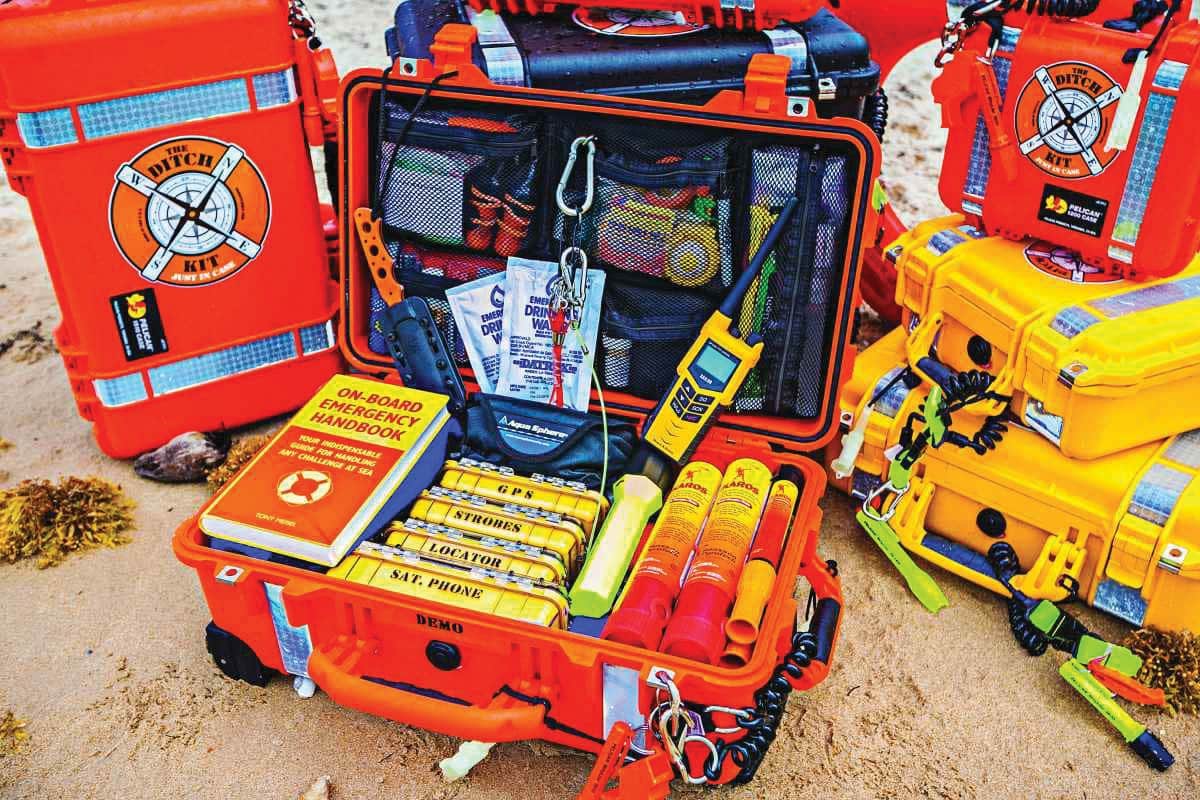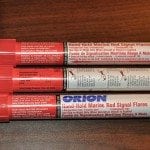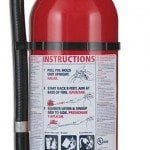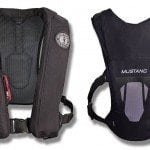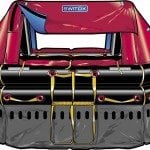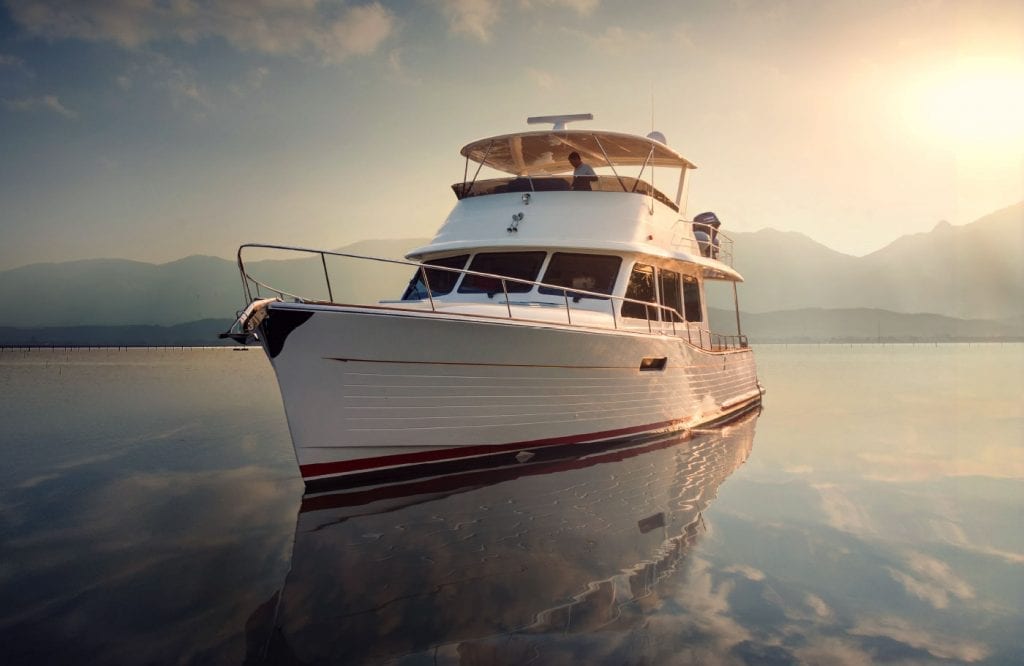How “Always Ready” are you?
Borrowing from the U.S. Coast Guard’s iconic “Always Ready” motto, when it comes to safety aboard, you can never be too prepared. To make the point, a tragic event occurred in South Florida during the summer of 2015 when two young boys set out for what they thought would be an exciting and fun day on a boat. Sadly, it was anything but.
Could this and other similar boating tragedies be avoided? Well, let’s just say that with some extra precautions and planning, the odds for dealing with a dicey situation can be swung dramatically in a positive direction. No matter what size boat you have, be it kayak or superyacht, having the right safety equipment aboard and knowing how to use it are some of the most important aspects of spending time out on the water.
Let’s start with your boat. Always check the condition of any seacocks or thru-hull fittings as well as critical hose connections. If anything looks amiss such as corrosion, any sign of cracks or weeping, swap it out for a new one. Give all your belts, impellers, gaskets, and seals a once over before setting out—failure of any of these items can stop you dead in the water. And as with oil and filters, always carry spares.
To meet the requirements of all U.S. Coast Guard regulations, vessels are mandated to carry at least the minimum safety items such as proper nav lights, fire extinguishers or automatic fire suppression system, a PFD—Personal Flotation Device, or life jacket—for each person on board, a throwable device such as a seat cushion or life ring, a bell, whistle, or horn for signaling, and visual distress signal flares. As these requirements differ depending on the size of your boat, check with a copy of CG 169—usually available at your marina store or other outlets—to make sure you are in compliance. (Checking in with your local Coast Guard station or auxiliary unit or setting up a complimentary safety inspection with them are also good options.)
Veteran captains and those who travel extensively all have the same thought: If you do the kind of boating that takes you away from your home port for extended periods of time and over open water, you should have a proper life raft for the number of people on board—make sure it is inspected and ready to go as per manufacturers recommendations. Be familiar with its deployment and use, and get the one that suits your needs—coastal, offshore, or ocean going. Among the companies manufacturing this type of equipment are Winslow, Switlik and Givens.
Whether you require a raft or not, a floatable ditch bag is a good idea. While ready-to-go kits are sold by such reputable companies as ACR and Defender, make sure you have an EPIRB, a personal locator beacon (PLB), waterproof and floatable emergency handheld VHF, and a water-activated strobe light. Also critical are individual life jacket vest strobes; a handheld, waterproof and floating GPS; a daylight signal mirror and flares; chemical glow sticks; noisemaking devices such as plastic whistles and canned air horns; drinking water; wrapped and sealed snacks; and sunglasses. And for all those electronic safety items, make sure to replace batteries and carry spares in sealed and waterproof bags.
If you are setting out for an extended time away, it’s also a good idea to file a float plan with your homeport marina or local Coast Guard station as well as with your destination facility. In this way, everyone will know your trip schedule and be on the lookout should anything happen along the way. Keep a sharp ear to the VHF and a keen eye on weather conditions at least 36 hours ahead of departure.
If you are traveling with family, friends, and kids who are not familiar with boating, go through all the safety features and procedures aboard before you cast off. And if you have a pet, keep it in sight and have an appropriate life jacket on it at all times. Keep your fuel tanks full and know where your next fill up will be and how long it is going to take you to get there.
Here’s hoping your next outing is a safe and enjoyable one. With a little extra planning, and the Semper Paratus outlook, you can leave the dock with some extra confidence and peace of mind.
— By Ken Kreisler, Southern Boating Magazine February 2016
INFORMATION:
ACR Marine
acratex.com/products/marine
Defender Industries
defender.com
Givens
givensliferafts.com
Mustang Lifejackets
mustangsurvival.com
Switlik
switlik.com
USCG Boating Safety
uscgboating.org
USCG 169 Nav Rules
landfallnavigation.com
West Marine
westmarine.com
Winslow
winslowliferafts.com


